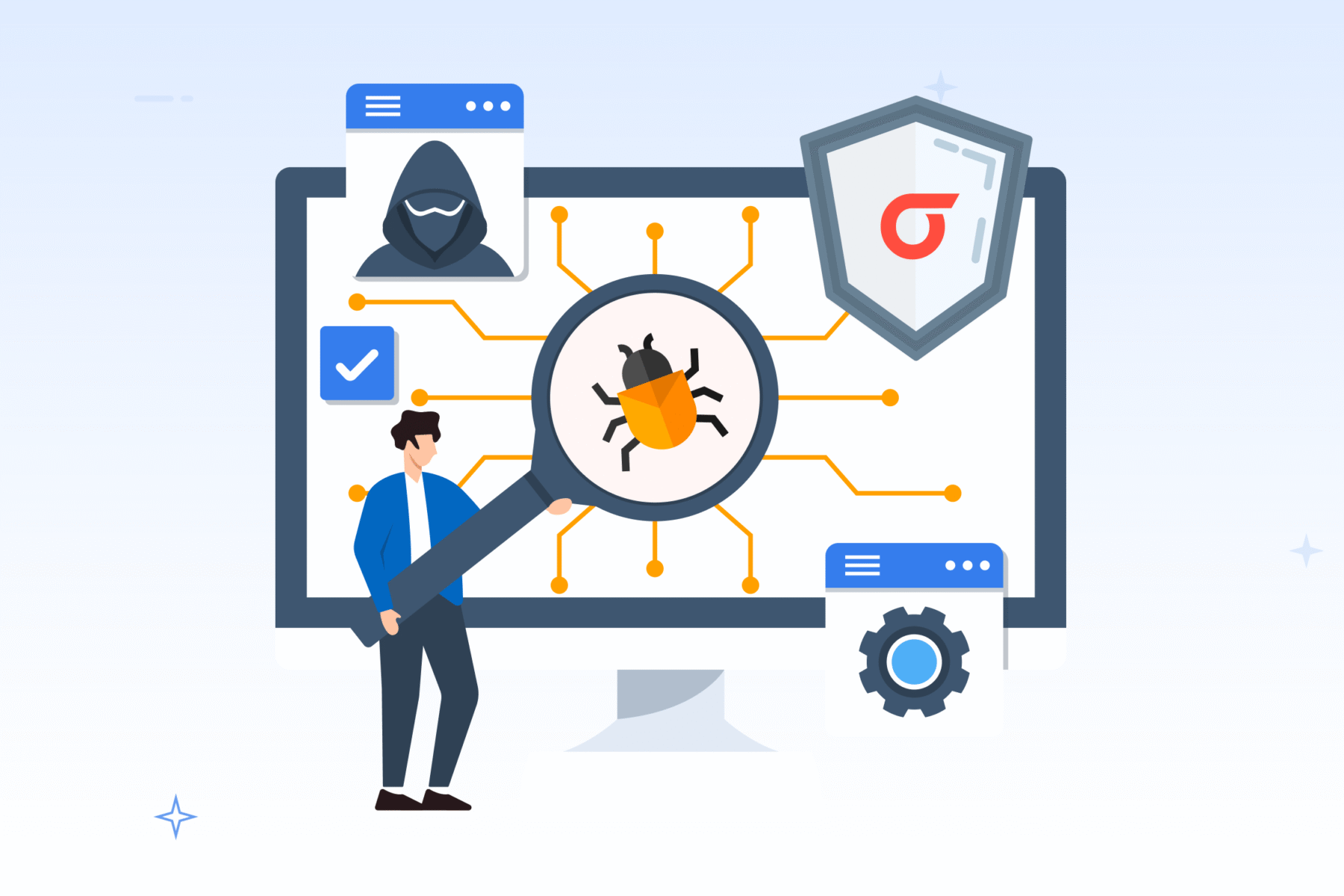In today’s cyber-threat landscape, organizations are constantly under the radar of attackers seeking to exploit system vulnerabilities. The increasing sophistication of cyber threats has made proactive security measures not just an option—but a necessity. Among the most effective strategies to defend against these evolving threats is penetration testing.
In today’s cybersecurity landscape, Penetration Testing has become an indispensable practice for identifying and mitigating system vulnerabilities before malicious attackers exploit them. Also known as ethical hacking, this technique simulates real-world attacks on networks, systems, or web applications to uncover security flaws and weak configurations. While premium commercial tools dominate enterprise environments, a wealth of powerful free and open-source solutions are also available—empowering security professionals, hobbyists, and small teams alike.
In this article, we explore the top 10 free penetration testing tools every ethical hacker should consider using in 2025. Whether you’re just starting out or refining an advanced security strategy, these tools provide the functionality needed to conduct thorough and effective tests at zero cost.

🔧 Kali Linux
Kali Linux remains the ultimate toolkit for ethical hackers and security researchers. Developed by Offensive Security, this Debian-based Linux distribution is purpose-built for penetration testing and digital forensics. It comes pre-installed with hundreds of essential tools, making it an all-in-one environment for both beginners and professionals. From reconnaissance and vulnerability scanning to password cracking and reverse engineering, Kali Linux includes everything required for comprehensive assessments. Updated regularly and backed by a vast community, Kali is the go-to operating system for any penetration testing lab.
🌐 Nmap
Nmap, or Network Mapper, is one of the most versatile tools in the penetration tester’s arsenal. It allows for in-depth network discovery, port scanning, service enumeration, and OS detection. Nmap is often the first tool used during a test, helping ethical hackers map out the network structure and identify open ports, services, and potential entry points. With its scripting engine (NSE), users can even automate vulnerability detection, making it suitable for both initial reconnaissance and more advanced scanning efforts. Its lightweight design and cross-platform compatibility further enhance its usability across different environments.
🛠 Metasploit Framework
The Metasploit Framework, maintained by Rapid7, is a widely used exploitation platform that allows ethical hackers to simulate real-world attacks and verify security vulnerabilities. This robust framework includes a massive database of publicly available exploits, payloads, and auxiliary modules. Users can craft custom exploits using Ruby scripting and gain remote shell access with Meterpreter, an advanced post-exploitation tool built into the framework. Whether testing known CVEs or building complex multi-step attacks, Metasploit enables penetration testers to assess systems in depth and measure how effectively their defenses respond.
🧩 Burp Suite Community Edition
Burp Suite is an essential tool for web application penetration testing. While its professional edition is paid, the free Community Edition still offers powerful features such as a proxy server for intercepting HTTP/S traffic, request modification tools, and a built-in browser. Ethical hackers use Burp to analyze session handling, manipulate inputs, and test for common vulnerabilities like XSS and CSRF. Though it lacks some automation and scanning features found in the paid version, the Community Edition is more than capable for manual web testing and remains a staple in the toolkit of any web-focused penetration tester.
🌐 OWASP ZAP (Zed Attack Proxy)
ZAP is an open-source web application security scanner developed by the Open Web Application Security Project (OWASP). Designed for both beginners and seasoned testers, ZAP combines ease of use with advanced scanning capabilities. It offers features such as passive and active vulnerability scanning, request interception, and fuzzing. Unlike some tools that require command-line expertise, ZAP features an intuitive GUI that helps users visualize and manipulate traffic in real time. It also integrates easily into CI/CD pipelines, making it a favorite among DevSecOps teams aiming to embed security into their software development lifecycle.
📡 Wireshark
Wireshark is the world’s most widely used network protocol analyzer. Penetration testers rely on it to capture and inspect data packets in real time, allowing for deep analysis of network traffic. With Wireshark, testers can identify suspicious activity, malformed packets, or signs of man-in-the-middle attacks. It supports hundreds of protocols and runs on multiple platforms, making it a must-have for troubleshooting, traffic analysis, and network-level threat detection. Its packet filtering and visualization tools make it invaluable for network forensics and post-compromise investigations.
🔑 Hydra (THC-Hydra)
Hydra is a fast and efficient password-cracking tool used for brute-force and dictionary attacks on various network protocols. It supports a wide range of services including SSH, FTP, HTTP, RDP, and SMTP, making it extremely flexible for credential testing across different environments. Penetration testers use Hydra to assess the strength of user credentials and evaluate the resilience of authentication mechanisms. It allows for parallelized attacks, custom wordlists, and modular extensions, making it a powerful tool for identifying weak password policies and insecure login implementations.
🕸 Nikto
Nikto is a lightweight web server scanner designed to identify common vulnerabilities, outdated software versions, and potentially dangerous files or scripts. Although its interface is simple, Nikto scans for over 6,500 known issues and misconfigurations that could compromise web application security. It’s particularly useful in the early stages of a web penetration test when testers need a quick overview of possible weaknesses. Despite its speed and breadth, it should be paired with more targeted tools like Burp or ZAP for comprehensive analysis.
💉 SQLMap
SQLMap is a powerful open-source tool that automates the detection and exploitation of SQL injection vulnerabilities in web applications. By simply providing a target URL, penetration testers can determine whether the site is vulnerable and, if so, extract databases, dump tables, or even achieve shell access. SQLMap supports all major database engines and offers features such as out-of-band injection, evasion techniques, and database fingerprinting. Its ease of use and comprehensive capabilities make it a top choice for database-focused testing and vulnerability validation.
🔐 John the Ripper
John the Ripper is a password-cracking tool that excels at identifying weak or poorly encrypted passwords. It works by analyzing hash dumps and using dictionary attacks, rule-based attacks, or brute-force methods to uncover passwords. Testers often use John post-exploitation to crack passwords obtained from compromised systems. It supports a vast array of hash formats, including those from Windows, Unix, and databases. With GPU acceleration and third-party plugins, John the Ripper remains an indispensable tool for auditing password security.
Final Thoughts
Penetration Testing is an essential part of a robust cybersecurity defense strategy. Whether you’re assessing networks, web applications, or internal systems, these ten free tools offer the capabilities needed to discover, exploit, and document vulnerabilities in a controlled and ethical manner. While commercial platforms provide enterprise-level integrations and support, free and open-source tools like those listed here remain the backbone of hands-on security testing.
These tools are not only accessible but also highly effective when used with proper methodology and understanding. From reconnaissance with Nmap and traffic analysis with Wireshark, to web exploitation using Burp and SQLMap, each tool plays a vital role in the penetration testing lifecycle. With continued practice and ethical intent, security professionals can leverage these tools to protect systems, reduce risks, and build more secure infrastructures.
Are you ready to start your journey into ethical hacking? Download one of these tools today and set up a home lab to hone your penetration testing skills.


